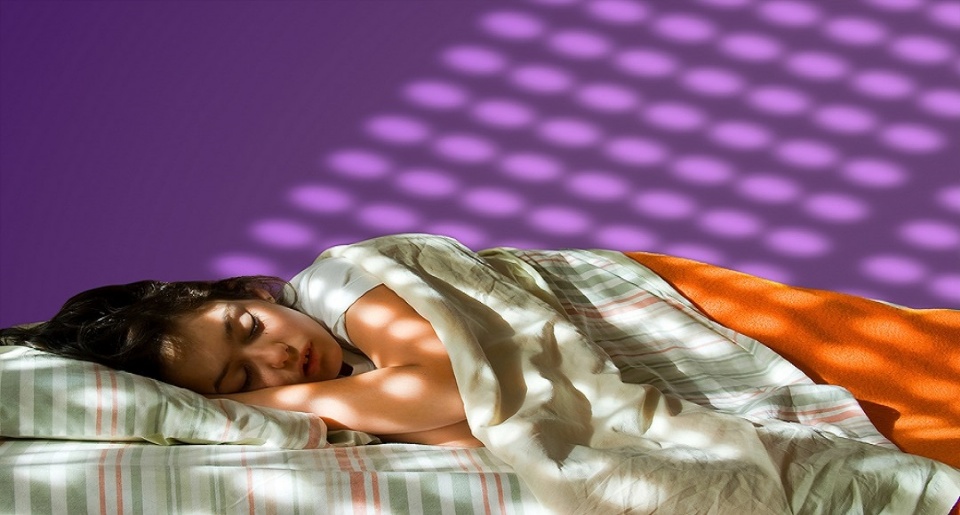Every year, as warmer weather comes around, the days get longer,
the school year draws to a close and kids, teens and parents everywhere are
more and more eager and excited for a fun summer to finally arrive.
One factor that often gets glossed over, however, is sleep. As people are more relaxed and there’s less
pressure to get to bed on time, everyone sort of pushes back their bedtime a
little bit, and young people are just as guilty of this as adults. In fact, according to the 2016 Canadian
Review, 58<>percentage<> of millennials sleep less during the Spring and Summer than during
the school year, especially when considering that they’re often doing
activities other than studying, such as attending camps or seasonal activities.
This idea is far from unheard of, as KJ Dell’Antonia writes in the
New York Times that it’s especially difficult for children and teens to get a
good night’s sleep in the summer, and that not doing so can potentially result
in weight gain, lower happiness and a shorter attention span.
Less sleep can especially be a problem for millennials who attend
summer camp, which thus does not provide too much of a change of routine to
from the school year. Parents and kids
are still often tasked with waking up early in the morning, eating breakfast,
perhaps preparing a lunch, and leaving early in order for everyone to get to
work or day camp on time. Yet, seeing as
many millennials actually sleep less during the summer, it means that they are
going to bed a lot later than in the school year.
So what factors account for this later bedtime, and what can be
done about it?
Dr. Laura Creti, sleep psychologist and researcher at the Jewish
General Hospital, chalks all of this up to a later sunset. “Often since the light is there longer,
little kids, for instance, preschool kids, don’t understand that it’s bed time
even though the sun is still out,” Creti points out. She adds that even parents sometimes forget
what time it is, and that a little flexibility is always good, but needs for a
good night’s sleep don’t change just because it’s lighter out.
Indeed, children do still need a good amount of sleep, even during
the summer. The National Sleep
Foundation recommends 10-13 hours of sleep for children aged three to five,
9-11 hours of sleep for children aged 6-13, and 8-10 hours of sleep for teens
aged 14-17. As Creti mentions, it’s
better for children to know what time to anticipate bedtime, and that this
bedtime does not vary much from day to day.
Creti says that the best solution for parents to enforce a strict
bedtime is to never sway from their usual bedtime routine. “It’s still important to bring them to their
room, and turn off the lights,” she says. “Make sure that the window coverings
are dark and opaque as not to let in light, and that there’s a bedtime routine
in the dark so it doesn’t matter too much if there’s some sunlight outside.”
Creti’s suggestions are more or less echoed by several sleep
reports. Alabama’s Medical West Hospital
and the British-Columbia’s Valley Sleep Centre both outline tips for parents to
ensure their children get an appropriate amount of sleep while attending summer
camp. Their main pieces of advice for
parents are;
- to set a bedtime that fits with everyone’s schedule and to follow this routine as best possible throughout the summer;
- to allow for free time that otherwise wouldn’t be allowed during the school year;
- to not have children sleep in past 10 am, so that their waking hours are more concentrated during the day than at night;

 In The Latest Issue:
In The Latest Issue:


 BY:
BY: 



Tweet
Share